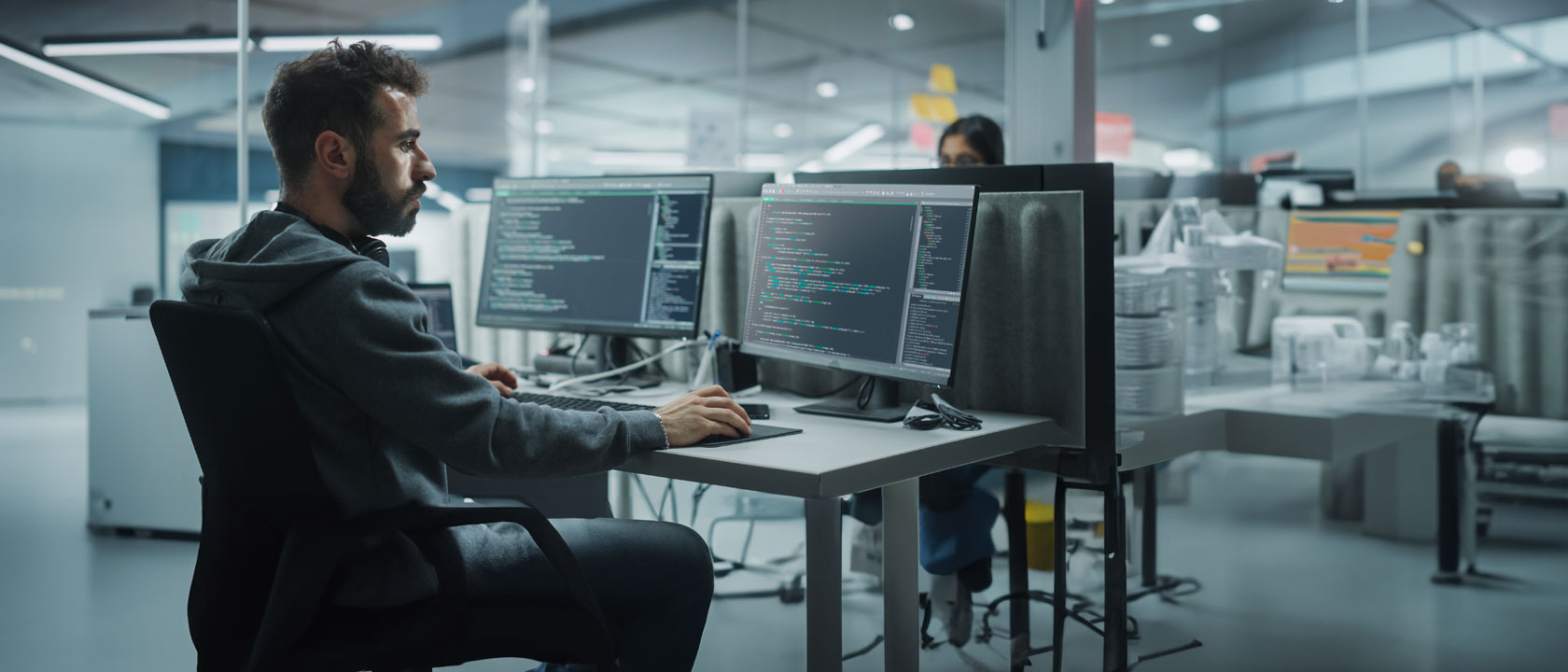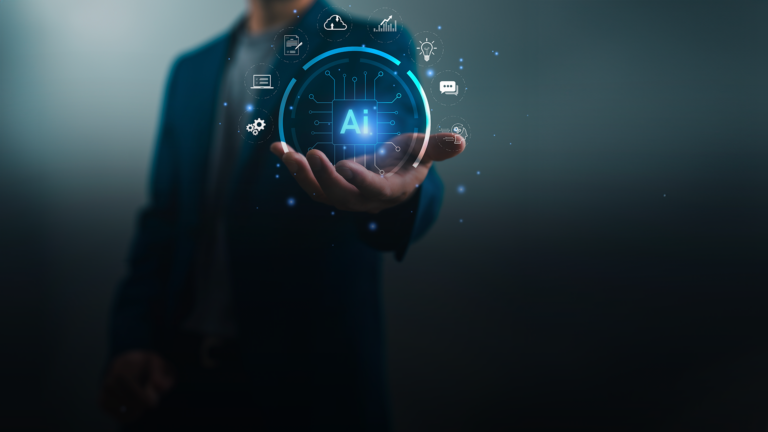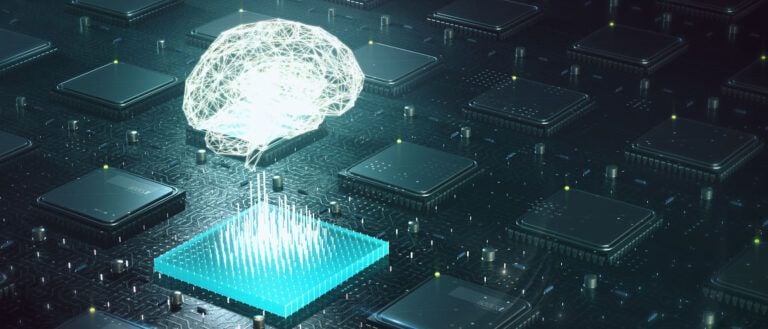What is Industrial Metaverse and Why is it Important for the Future?

The concept of the industrial metaverse has been gaining traction as businesses look for ways to improve their processes and increase efficiency. It refers to a simulated, 3D environment in which businesses and individuals can collaborate, design, and test products, processes, and systems. The industrial metaverse’s development holds great promise for the future, with the potential to improve efficiency, accuracy, collaboration, and sustainability within the sector. Let’s look at the industrial metaverse, its benefits, challenges, and future potential.
What is the Metaverse?
Metaverse is a term that describes a virtual shared space where users can interact within a computer-generated environment with other users, resulting in a seamless blending of the physical and virtual worlds. It is a vision of the Internet in the future, where people can access and participate in a wide range of virtual experiences such as gaming, socializing, shopping, and entertainment. The metaverse is regarded as the next step in the evolution of the Internet, with the potential to change how we interact, transact, and consume media. However, it is still in its early stages with numerous technical and societal challenges still being addressed.
ALSO READ: What is a Machine Learning Model? How is it Helpful?
What is the Industrial Metaverse?
It is a specific application of the metaverse concept in the manufacturing, construction, and engineering sectors. The industrial metaverse aims to create a virtual environment where engineers, designers, and other stakeholders can collaborate in real-time, regardless of their physical location. Users can access virtual representations of products, machinery, and entire manufacturing facilities in the industrial metaverse and simulate different scenarios to optimize designs, identify potential issues, and make informed decisions. This has the potential to significantly improve efficiency, lower costs, and reduce the environmental impact of industrial processes. Still, in its early stages of development, the industrial metaverse has the potential to revolutionize the way industrial processes are designed, executed, and maintained.
How Will the Industrial Metaverse Shape the Future?
The industrial metaverse has the potential to have a significant impact on the future of manufacturing, construction, and engineering. Thus, here are some of the ways it could influence the future:
Increased Efficiency and Productivity
The industrial metaverse can help businesses streamline their processes. Moreover, they can help reduce the time and resources required to bring new products and systems to market by providing a virtual environment for collaboration, design, and testing.
Improved Accuracy and Quality
Engineers and designers can simulate and test products and processes in the industrial metaverse before they build them in the real world. This can aid in identifying potential issues and improving accuracy and quality.
Seamless Collaboration
This environment can support remote collaboration, allowing engineers and designers to collaborate in real time regardless of their physical location. This can reduce the amount of time and resources needed to complete a project.
Cost Savings
It can help companies reduce product development and production costs. This is because products can be simulated and tested before the company starts building them in the real world.
Fewer Prototypes and Decreased Testing
It can potentially reduce the environmental impact of industrial processes by reducing the need for physical prototypes and testing.
In essence, it may still be in its early stages of development, but the industrial metaverse holds great promise as a tool for improving efficiency, accuracy, collaboration, and sustainability in the industrial sector.
Key Points to Know About the Industrial Metaverse
- Definition: The industrial metaverse is a virtual environment in which businesses and individuals can collaborate, design, and test products, processes, and systems in a simulated, 3D environment.
- Purpose: The purpose is to provide a space where engineers, designers, and other stakeholders can collaborate in real-time, regardless of location, to optimize designs, identify potential issues, and make informed decisions.
- Benefits: It comes with the potential to improve industrial efficiency, accuracy, collaboration, and sustainability, as well as lower costs and reduce the environmental impact of industrial processes.
- Adoption: Though still in its nascent stages, this metaverse is gaining traction as businesses seek ways to improve their processes and increase efficiency.
- Challenges: Technical and societal challenges must be overcome before the industrial metaverse becomes widespread. These include issues of data security, privacy, and intellectual property rights, as well as the need for standardization and interoperability.
ALSO READ: Should You Join the Metaverse? Pick from 6 Great Job Roles
The industrial metaverse is a virtual environment. It offers businesses the potential to transform industrial processes including design, execution, and maintenance. To learn more about the industrial metaverse, check out Emeritus’ online artificial intelligence and machine learning courses in tie-up with the best universities worldwide.
Write to us at content@emeritus.org

















